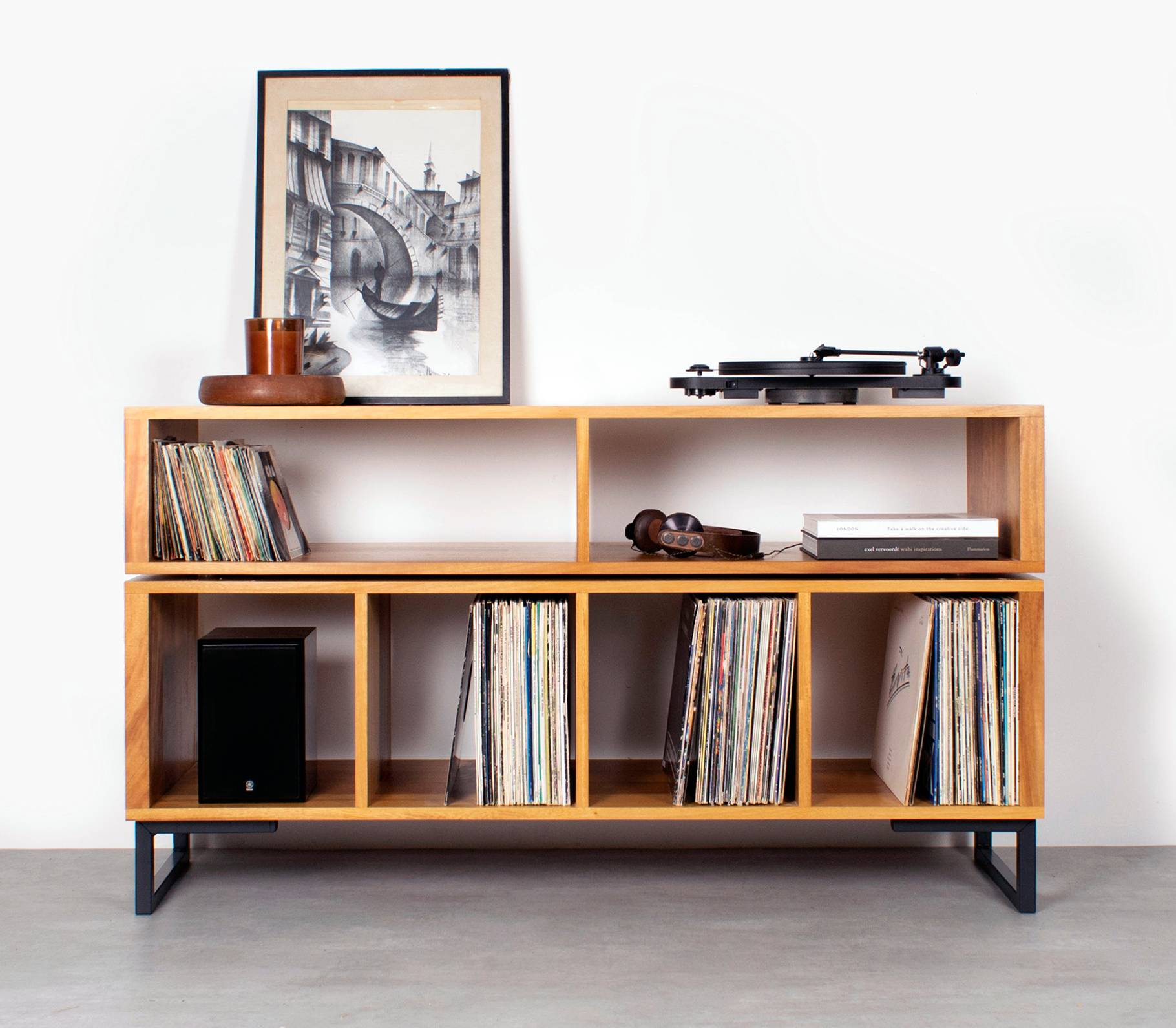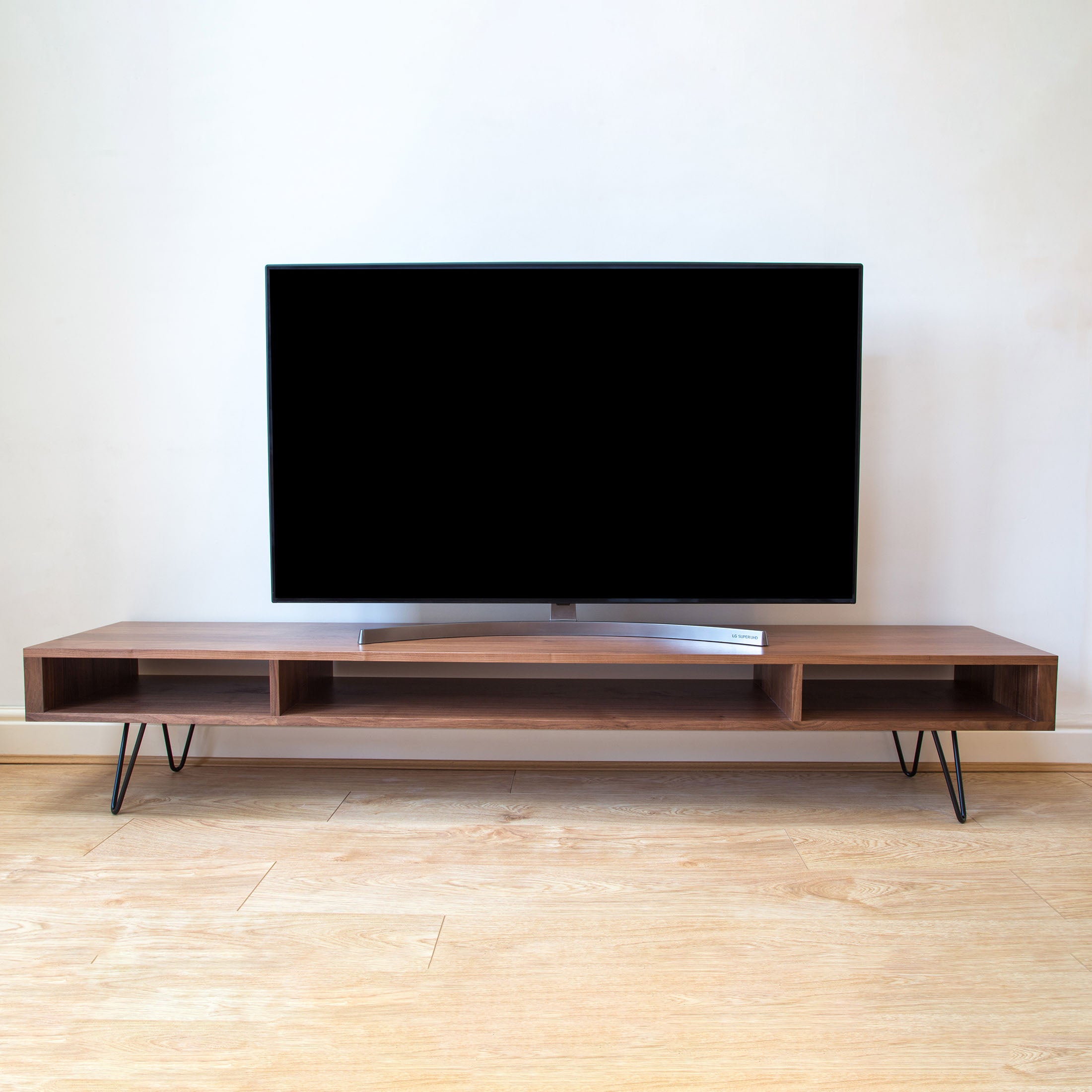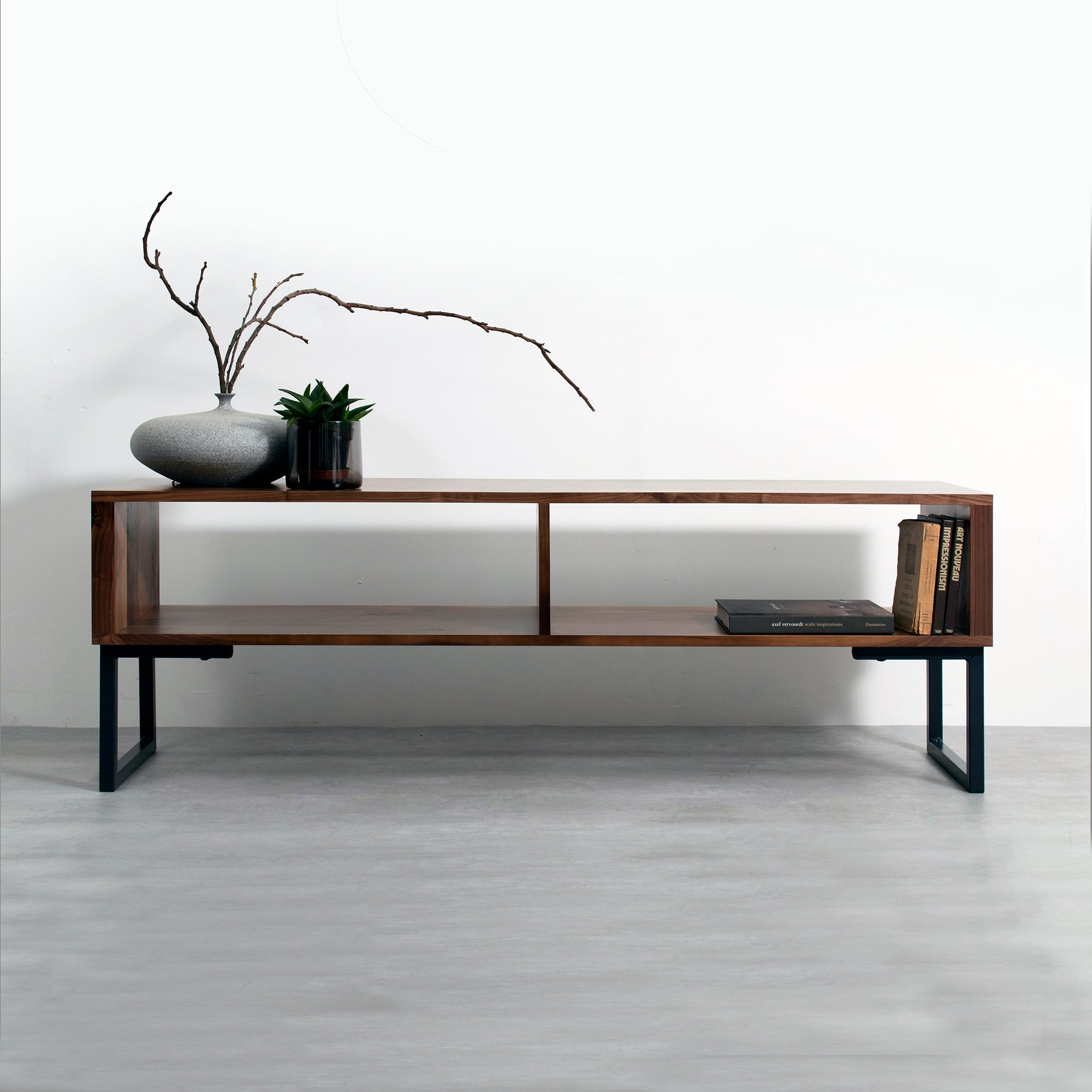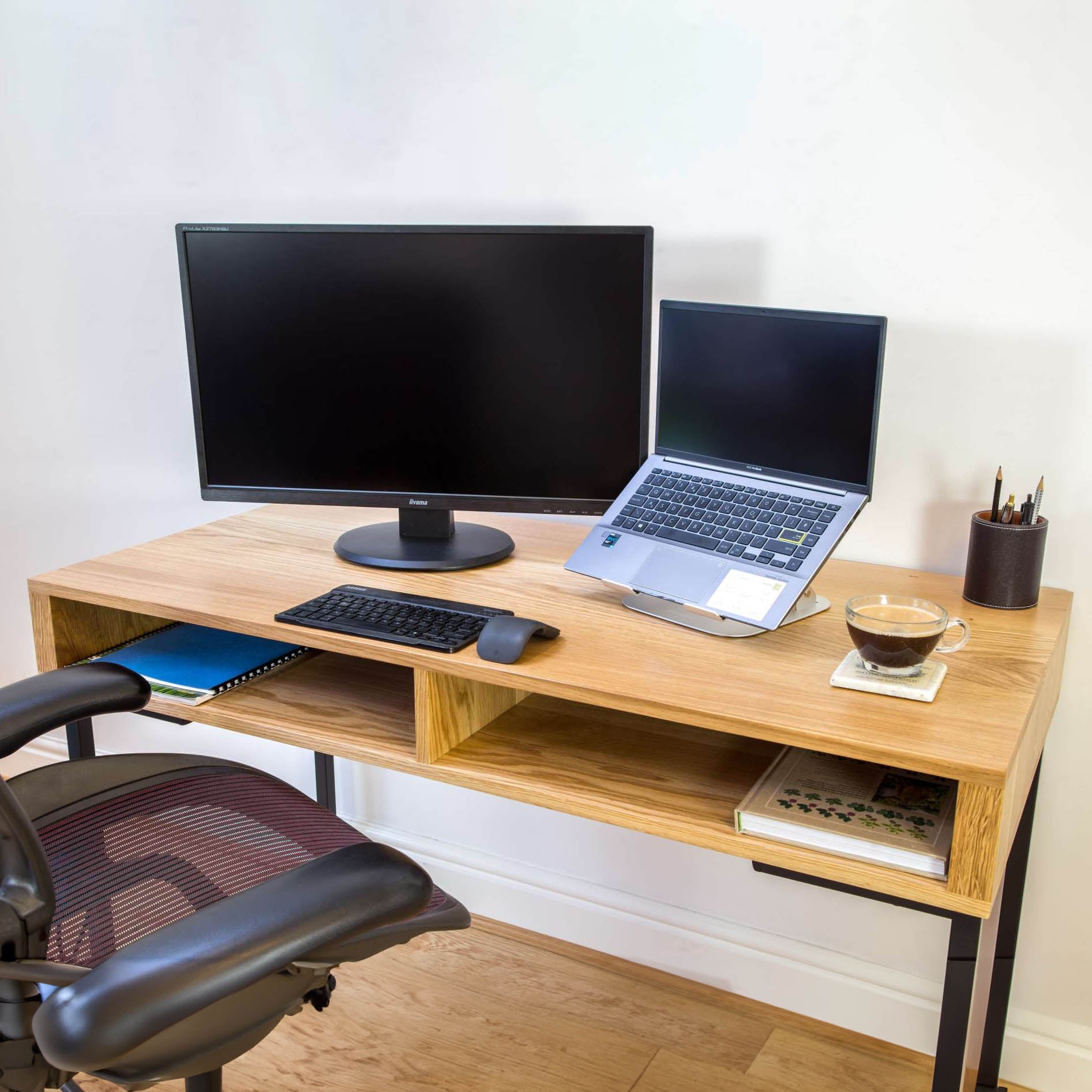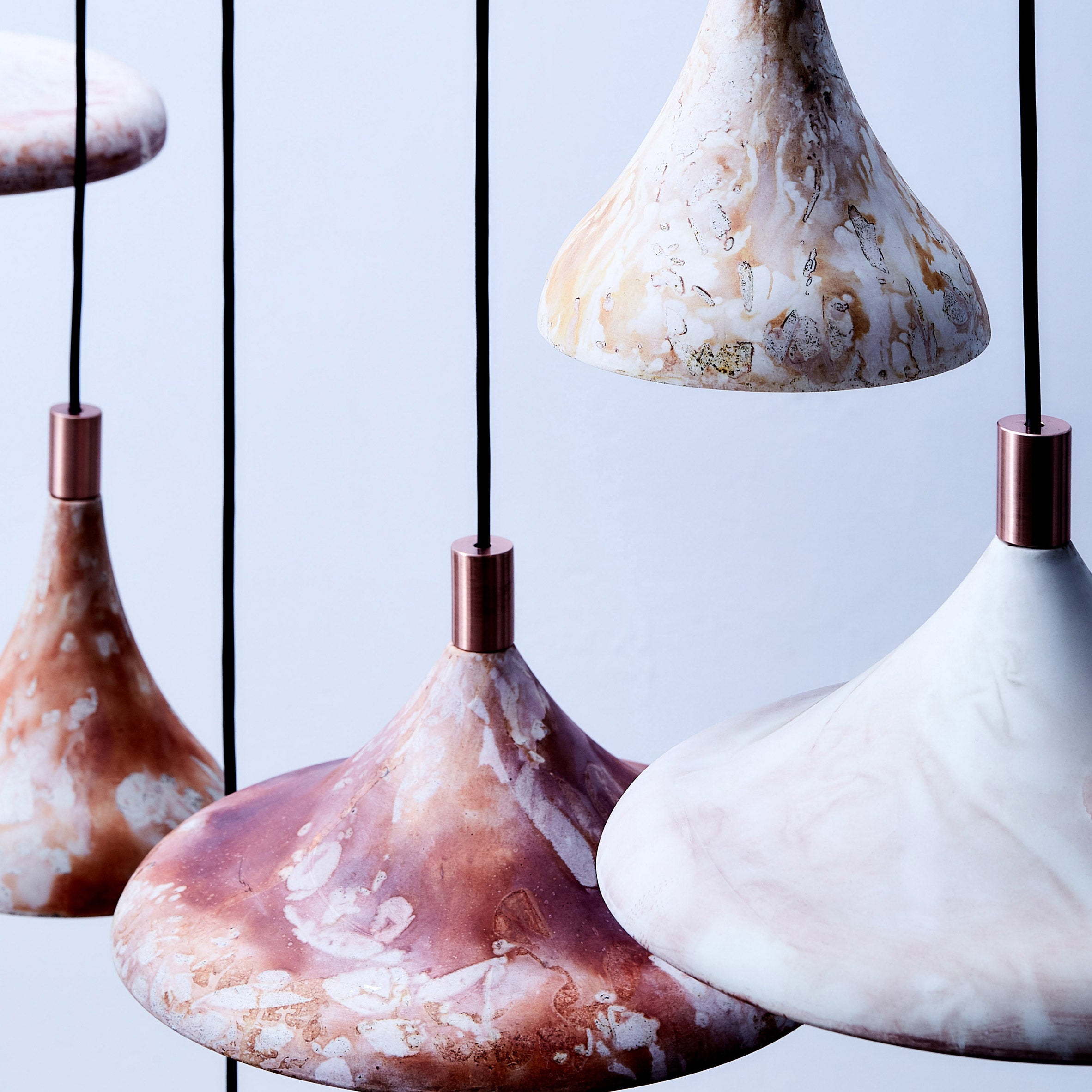
Material innovation
While wood is our preference for our current collection, we're always got an eye on material developments, especially those with a sustainable basis.
As the importance of a circular economy approach to design and manufacture becomes increasingly important for a sustainable future, we take a closer look at some of the more innovative materials that have caught our eye recently...
Cork

Image: Dezeen | Jasper Morrison
Cork is a material on the rise, favoured by many designers and architects for its compostable and recyclable properties. Because of its versatile properties, it is now gaining traction in the design world and is starting to be used in creative ways, from furniture to travel accessories, and flooring to gilded wall coverings.
Cork is harvested from a specific layer of bark, usually on the cork oak tree. This layer, called the phellem layer, is composed of a hydrophobic material that has unique characteristics: it is impermeable, buoyant, elastic and fire-retardant.
2019 saw Jasper Morrison make a series of furniture items from cork block leftover from wine-bottle cork-stopper production. As limited editions, these pieces marked a departure from the designer’s usual methods of industrial production. It was a collection that championed Morrison’s interest in cork, which stems from its remarkable functionality as well as its unique atmospheric qualities - attributes he recognises as a key design component of an object’s long-term success.
Coffee

Image: Dezeen | Zhekai Zhang
You can use it in the garden to feed plants and to chase away snails, ants and cats. It removes scratches from furniture, helps you clean pots and pans, fights bad odours (e.g. in the refrigerator), can be used to make candles or to clean out the fireplace.
As an energy source, a fertiliser or robust production material, a variety of industries have been championing spent coffee grounds as a material to produce valuable, durable products for some time.
Recently, scooping up the leftover grounds and experimenting with furniture and lighting production has seen designer Zhekai Zhang used the caffeinated material to create marble effects on porcelain lights. He has developed a method of staining porcelain with used coffee grounds to mimic the texture of marble and applied the technique to a collection of lamps called Coffire.
Bioplastic

Bioplastic simply refers to plastic made from plant or other biological material instead of petroleum, and the development of these bioplastic alternatives continues to be at the forefront of designers' minds.
In 2019, four designers from the Royal College of Art and Imperial College developed a series of machines that turn seafood waste into a biodegradable and recyclable bioplastic. The project, called Shellworks, saw Ed Jones, Insiya Jafferjee, Amir Afshar and Andrew Edwards transform the shells of crustaceans into a paper-like material that could act as a sustainable alternative to single-use plastics.
The material consists of a mixture of vinegar and a biopolymer called chitin – a fibrous substance that makes up the exoskeleton of crustaceans and the cell walls of fungi - and can be used to make a variety of products within the home.
Econyl

ECONYL® is made from fishing nets that are discarded in the oceans, trapping sea life in the process. Given its previous life as a fishing net, ECONYL® is virtually indestructible and doesn't lose shape.
January 2020 saw Zanotta celebrate the 50th anniversary of its 'Sacco' anatomical easy-chairs by launching a numbered, limited edition collection using ECONYL®. This revolutionary fabric also informed the textile design with French designer, Pierre Charpin, creating a graphic of tightly woven lines in three colour variations, inspired by the netting.
Blog posts
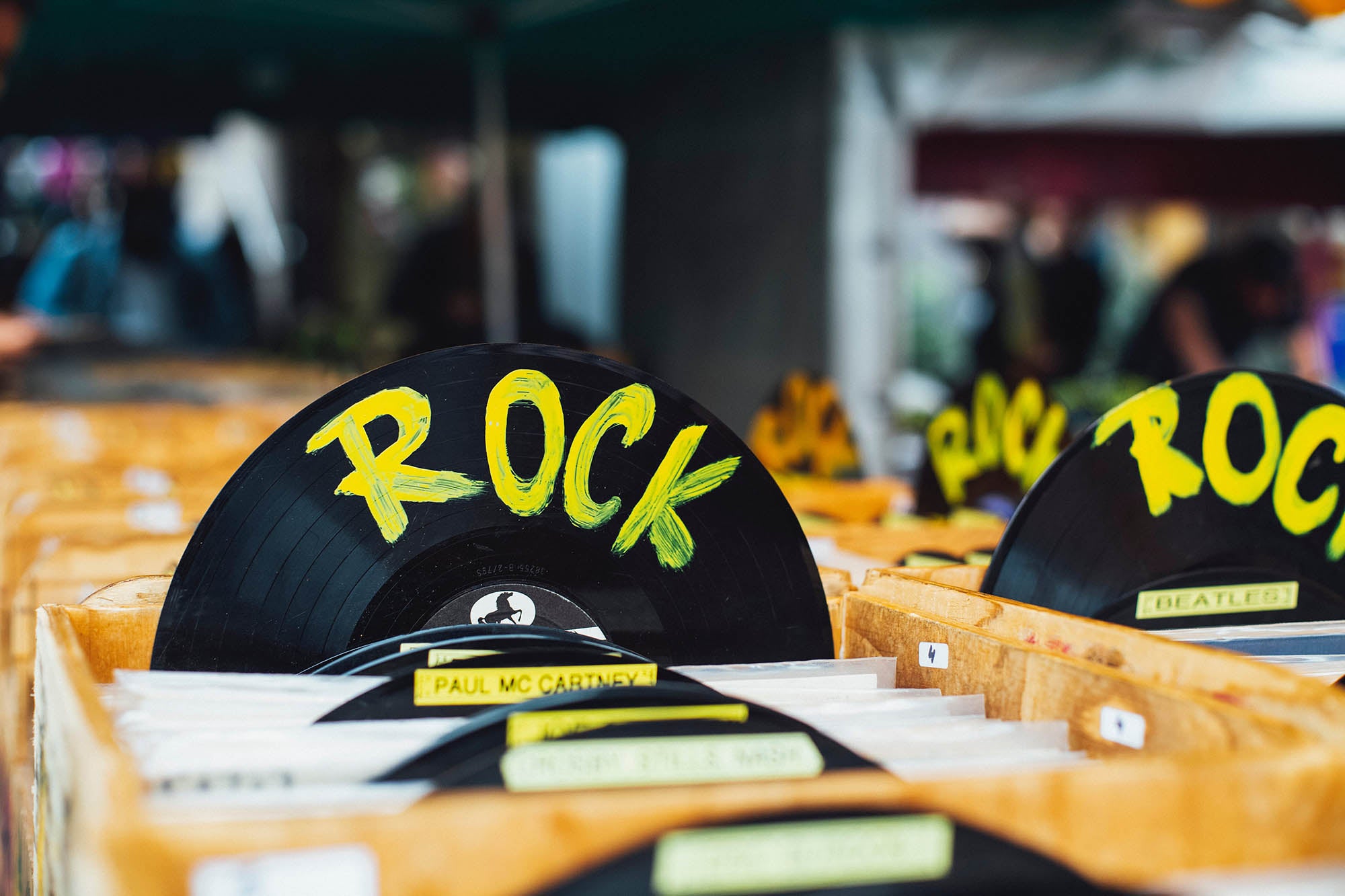
Vinyl Record Storage Furniture Ideas: Maximizing Space & Style
Vinyl records have made an incredible comeback, and enthusiasts understand the need for proper storage to preserve their cherished collections. With the surge in popularity, furniture designed for ...
Read more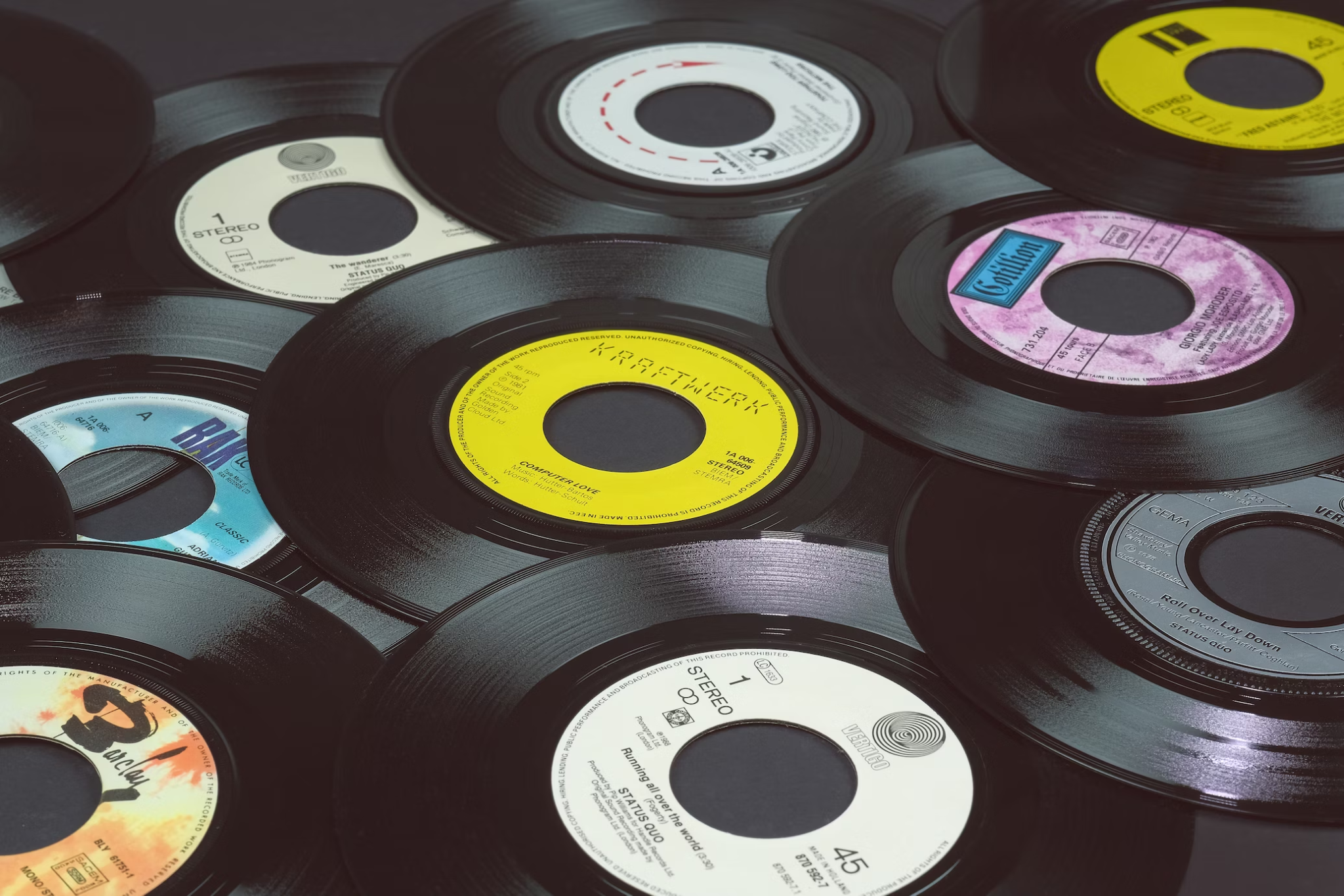
Why and How to Press Your Records at Diggers Factory?
For independent artists, the journey to stardom can be an uphill battle. In the digital age, where streaming platforms rule the music industry, making a name for yourself as an indie artist can be ...
Read more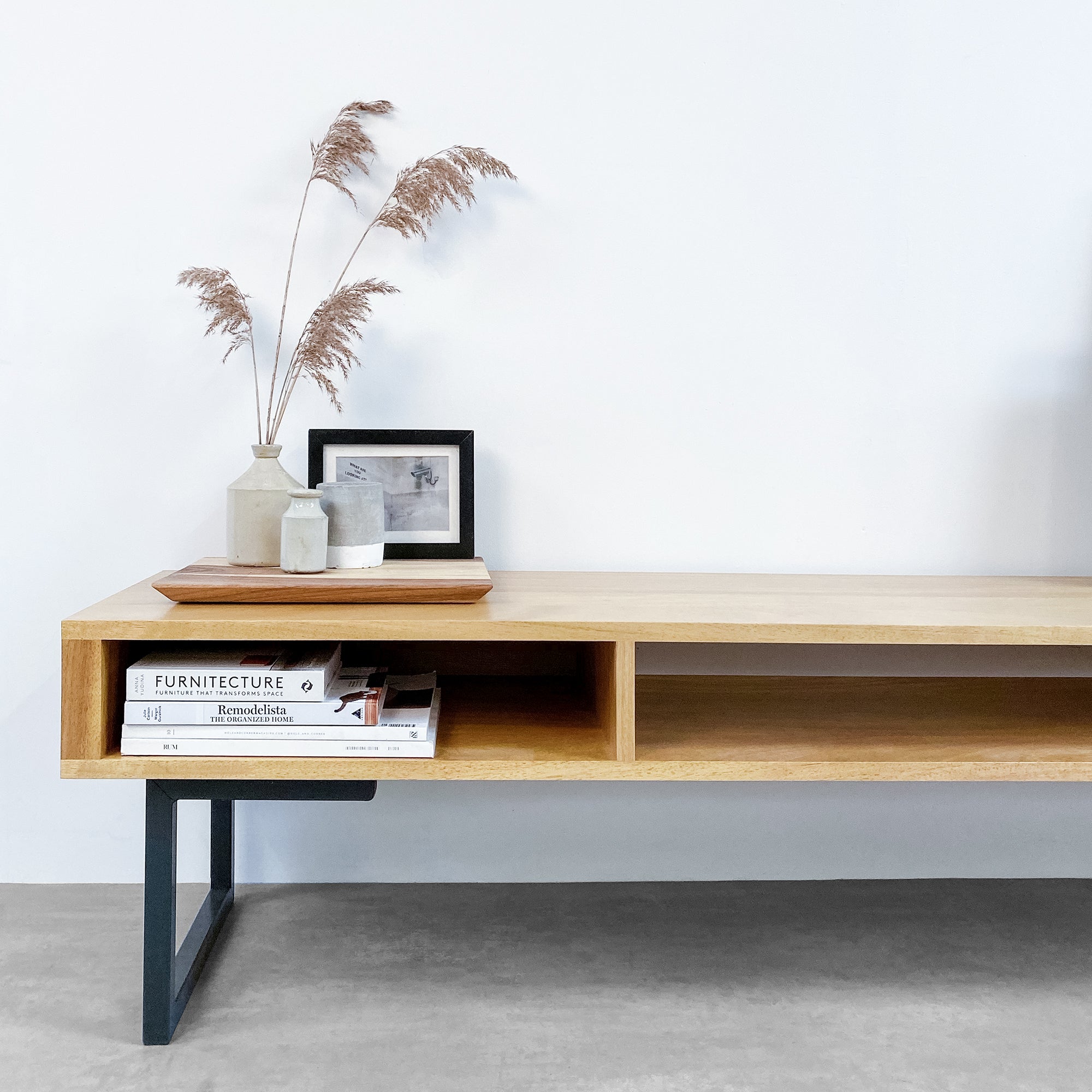
Wide TV Stand Options for the Perfect Setup
A TV stand is not just a piece of furniture; it's an integral part of your entertainment setup and something used and seen every day. While its primary purpose is to support your television, a well...
Read more
